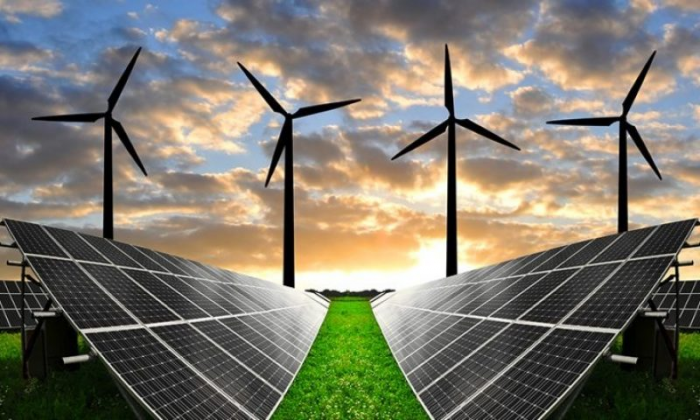Overview
In Denmark, the support schemes for RES-T focuses on reducing taxes for zero and low emissions transport as well as mandating that biofuel is mixed in with conventional fuels.
Denmark has set a general goal of a reduction of greenhouse gas emissions of 70% by 2030. For the RES-T sector, Denmark expects to phase out new purchases of fossil fuel-based cars by 2030. It is expected that by 2030, 19% of the energy consumption in the transport sector will be from renewable sources. (NECP Denmark, 2019)
Summary of support schemes
- Biofuel quota – For petrol and diesel fuels, at least 7.6% of the volume must be biofuels and the total greenhouse gas output for fuels must be reduced by 6% (compared to 2010 levels).
- Electricity tax reduction for charging EVs – The electricity tax is reduced for charging EVs at corporate premises.
- Reformed vehicle registration tax – The registration tax for new vehicles is reduced, but a second charge is applied to petrol or diesel-driven vehicles and to plug-in hybrid vehicles at a reduced rate. Until 2030, the tax reduction is gradually tapered off.
Competent authorities
- DTA
- DEA
- DRA

